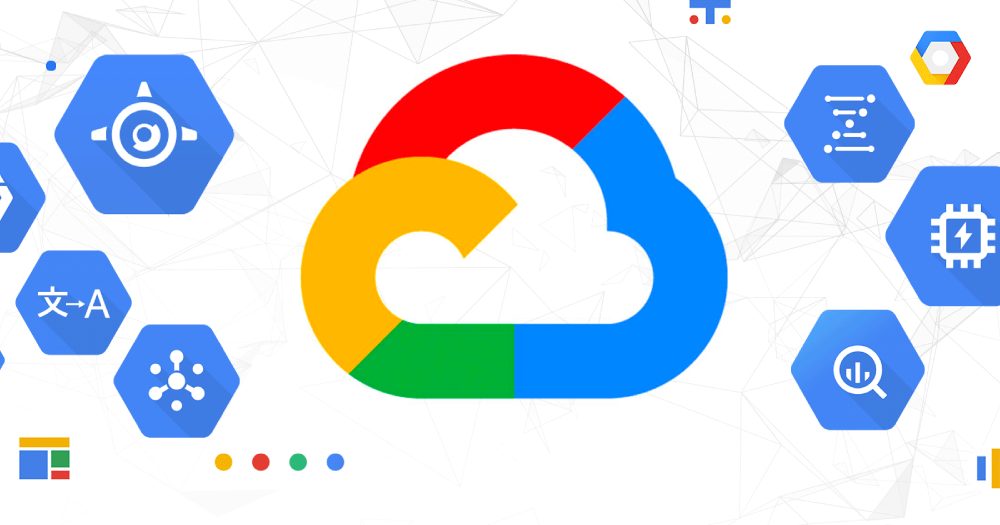Google Cloud adds new generative AI features for healthcare and life science organizations

Google Cloud announced several new solutions to help healthcare and life sciences organizations enable interoperability, build a better data foundation for their businesses, and deploy generative AI (gen AI) tools to improve patient outcomes.
What's new?
Google announced several new solutions, including:
Vertex AI Search
Google Cloud's Vertex AI Search for Healthcare helps developers build better assistive technology for clinicians and other health system workers to alleviate administrative burden. Specifically, it enables medically tuned, gen AI search on a broad spectrum of data, including FHIR data and clinical notes. These search and question-answering capabilities now integrate with MedLM, Healthcare Data Engine (HDE), and Cloud Healthcare FHIR APIs, making it easier for healthcare and life science organizations to build the data analytics and AI solutions needed for next-era health systems.
Healthcare Data Engine
To help healthcare organizations worldwide build an interoperable high-quality data platform, the foundation to take advantage of gen AI - Google Cloud announced a new consumption-priced managed service of Healthcare Data Engine (HDE) and expanded availability internationally with new features. Key updates include simplified management and streamlined pricing, global availability (beyond North America), low-code graphical data mapping IDE, and a foundation for AI and analytics solutions.
MedLM and more
Finally, MedLM — a family of foundation models fine-tuned for healthcare industry use cases — will add two new capabilities for Google Cloud customers to explore and test. First, MedLM for Chest X-ray can help with classification of chest x-rays for operational, screening, and diagnostics use cases. It is a domain-specialized model, launched as an API that converts chest x-ray images into embeddings. App developers and data scientists can use those embeddings along with ground truth labels to train a simple classification model in Vertex AI. The second new capability is a task-specific API called Condition Summary that aims to provide a chronological list of patient conditions, along with AI-generated briefs about each condition, with citations from the original text.
Google Cloud's customers retain control over their data. In healthcare settings, access and use of patient data are protected through the implementation of Google Cloud's reliable infrastructure and secure data storage, which support HIPAA compliance, along with each customer's security, privacy controls, and processes.
On the record
"Not all generative AI is created equal, and in healthcare, the stakes are particularly high," said Aashima Gupta, global director for Healthcare Strategy & Solutions, Google Cloud. "Healthcare organizations require enterprise-grade gen AI solutions, grounded in real data. Vertex AI Search for Healthcare is already making a difference for healthcare organizations by helping ensure clinicians have the right information and insights at the right time to inform decisions and improve the overall quality of patient care."
"At Highmark Health, we are constantly seeking ways to harness the power of data and technology to transform the healthcare ecosystem," said Richard Clarke, chief data and analytics officer, Highmark Health. "Google Cloud's Vertex AI Search integration with Healthcare Data Engine will enable us to provide even more personalized and proactive care to our members."
"Oscar is focused on reorienting the healthcare system around the consumer," added Mario Schlosser, co-founder and CTO of Oscar Health. "Our end-to-end tech stack enables us to capture the emerging opportunities of new technologies - from machine learning to generative AI - to deliver seamless experiences for members. We continue to partner with forward-looking companies like Google Cloud to accelerate our efforts and drive the change we want to see in healthcare."
The context
Healthcare administrative costs were up by 30% in 2022, to reach $60 billion annually (CAQH), physician burnout increased to 53% in 2022 (Medscape), and there is a shortage of more than 13 million nurses in the world (World Health Organization, 2020). This presents a clear opportunity for healthcare providers, payers, electronic health records companies, and life science companies to build gen AI solutions that empower healthcare workers and other employees to work more efficiently and effectively.
💡Did you know?
You can take your DHArab experience to the next level with our Premium Membership.👉 Click here to learn more
🛠️Featured tool
 Easy-Peasy
Easy-Peasy
An all-in-one AI tool offering the ability to build no-code AI Bots, create articles & social media posts, convert text into natural speech in 40+ languages, create and edit images, generate videos, and more.
👉 Click here to learn more


